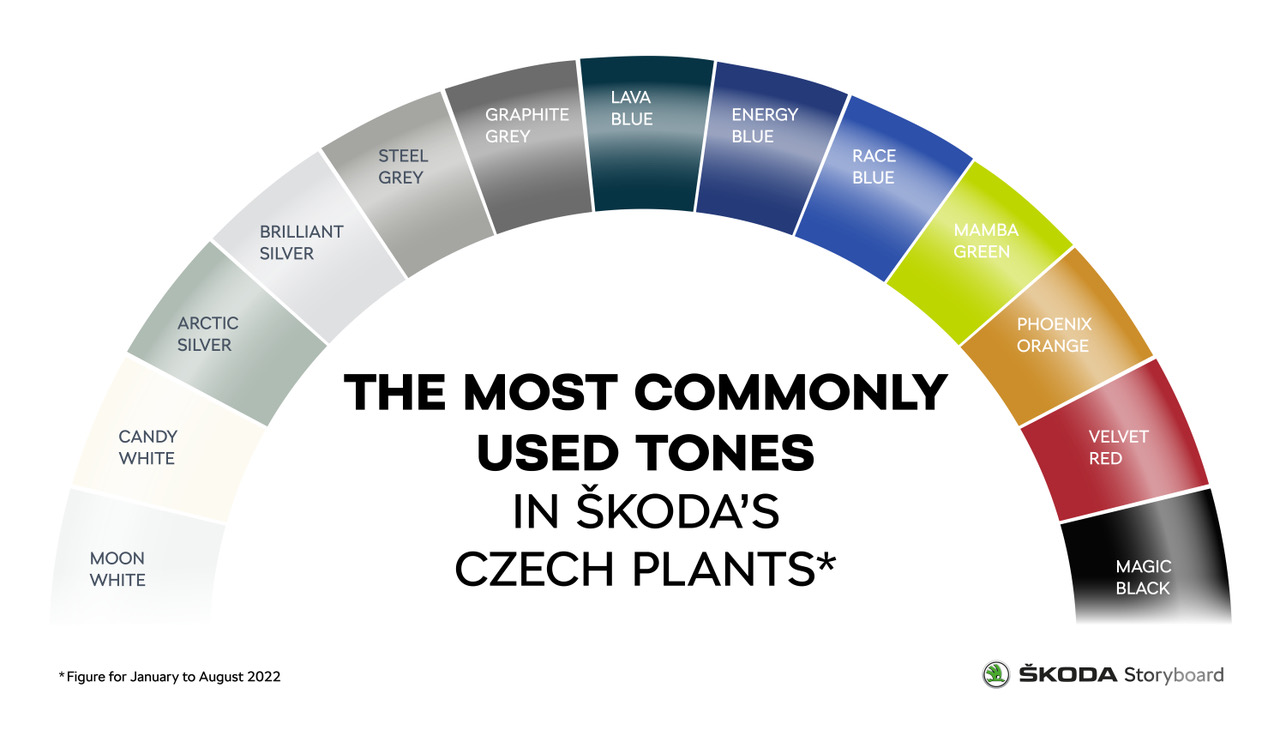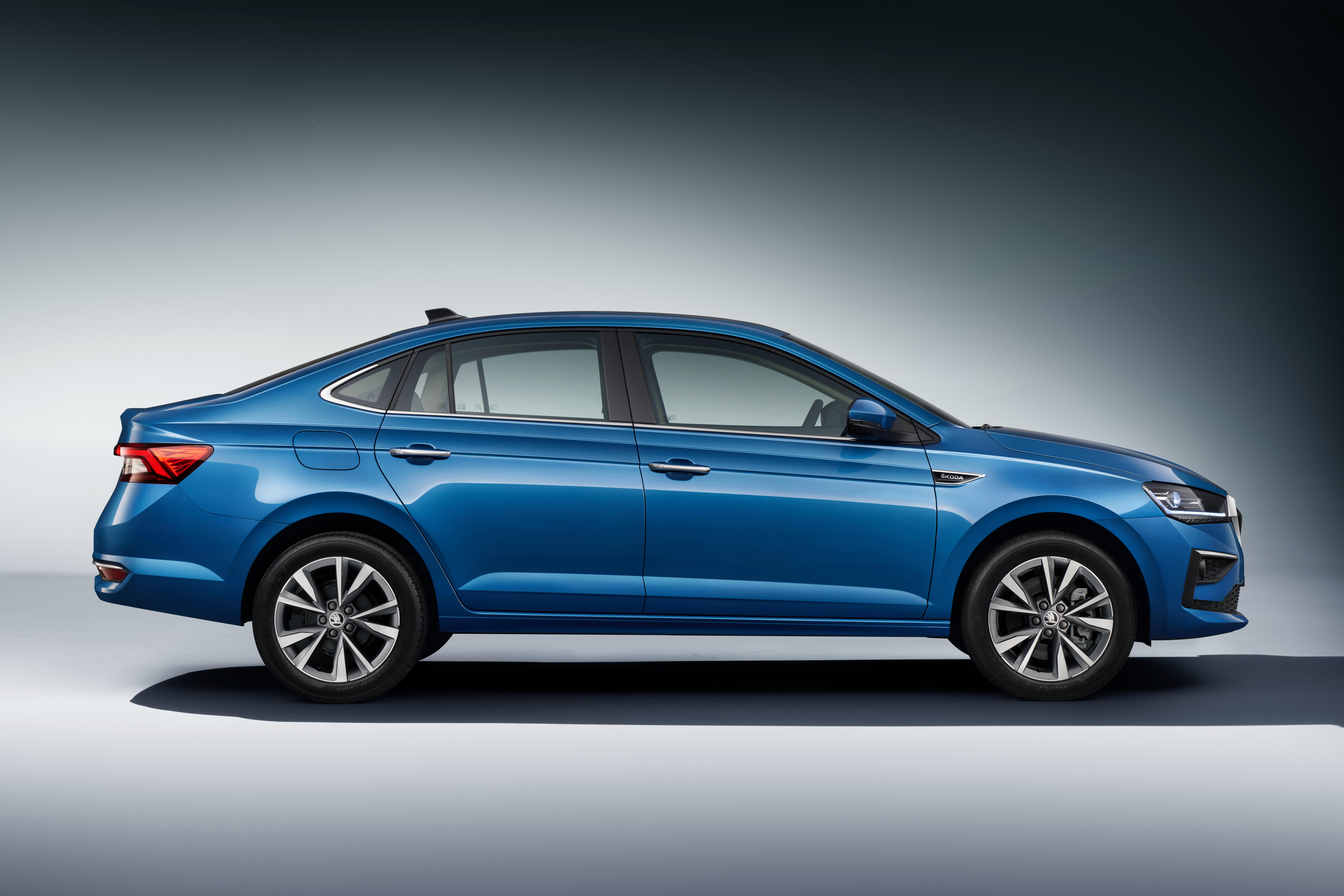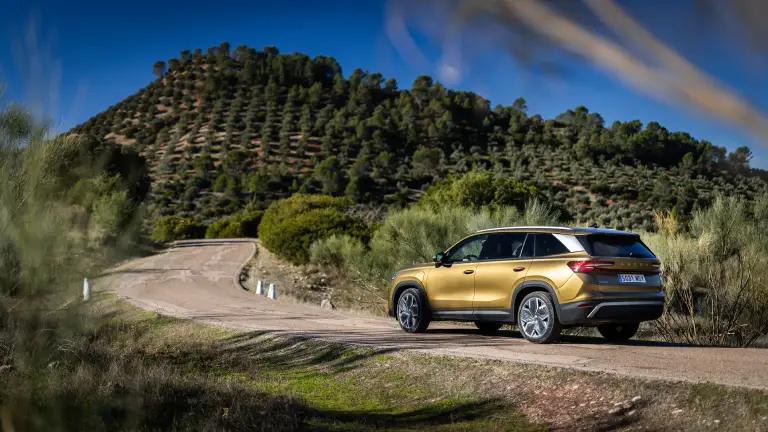Trends and technologies
According to both Marie and Kateřina, finding the right shades for car bodies is a constant process. “Inspiration is everywhere around us, and trends change and adapt,” says Kateřina Vránová. “When looking for suitable shades for our cars, we take into account a number of factors, from the colour and material trends in other industries, to whether these trends and their associated shades are suitable for cars at all and whether they suit the identity of the ŠKODA brand and its cars, to how technically demanding the use of a given colour can be,” explains Maria Kertzscher.
 The ENYAQ COUPÉ RS iV was unveiled in head-turning Green Mamba.
The ENYAQ COUPÉ RS iV was unveiled in head-turning Green Mamba.
Getting some colours into series production can be very challenging. For example, various matt shades or paints that are applied in multiple layers are currently in vogue. And giving a car this kind of “coat” is much more demanding in terms of production than conventional painting, which, as far as the colour itself is concerned, is essentially a one-step process. “We are looking for more flexibility in this area so that we can use more diverse and often unusual colours in practice under more favourable conditions,” says Maria Kertzscher.
 The FABIA MONTE CARLO’s sporty spirit is accented by Red Velvet.
The FABIA MONTE CARLO’s sporty spirit is accented by Red Velvet.
Interestingly, it’s not just bold colours which may only be in fashion for a few seasons that adapt to trends, but also traditional shades. Put simply, white doesn’t stay the same white over time, and the same goes for shades of grey, silver or even black. In practice, these too can be applied in a variety of ways. Just think of how much difference there can be between metallic black and matt black. ŠKODA tries to set the tone in the automotive industry in this respect, hence those distinctive colours and colours specific to certain markets or models.




























